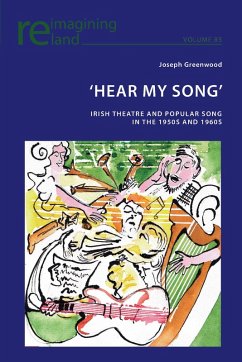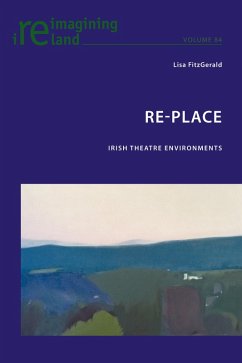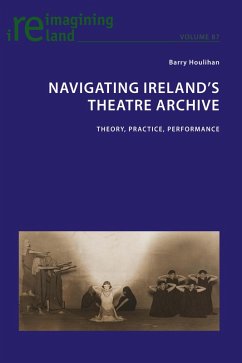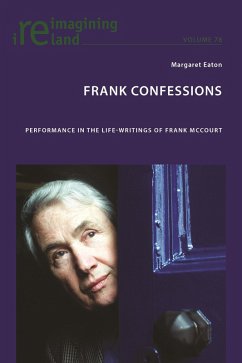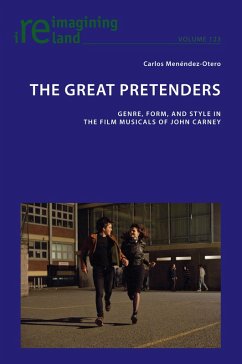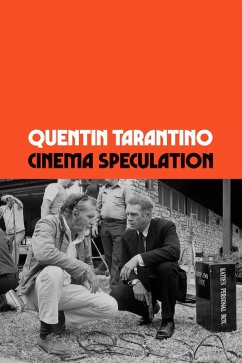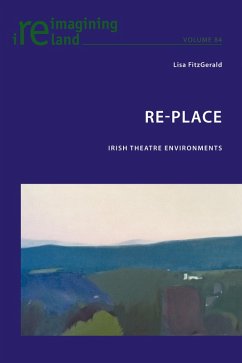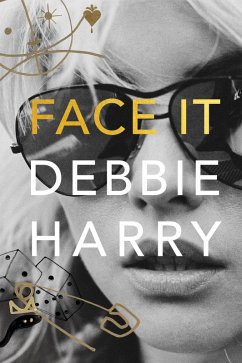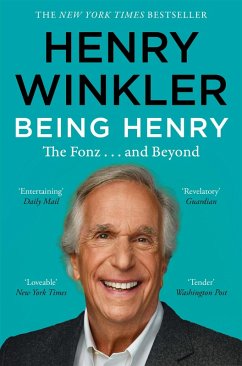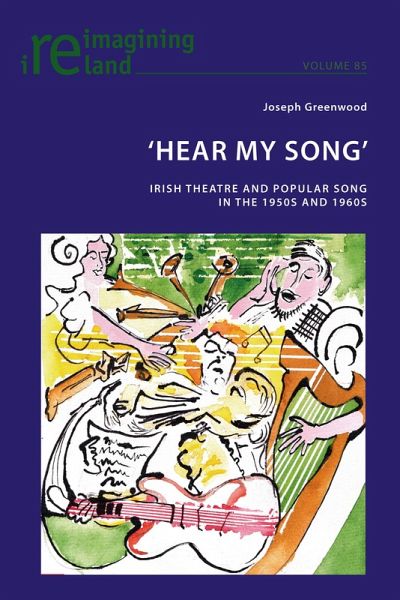
'Hear My Song' (eBook, ePUB)
Irish Theatre and Popular Song in the 1950s and 1960s
Versandkostenfrei!
Sofort per Download lieferbar
Statt: 72,90 €**
60,95 €
inkl. MwSt.
**Preis der gedruckten Ausgabe (Broschiertes Buch)
Alle Infos zum eBook verschenkenWeitere Ausgaben:

PAYBACK Punkte
30 °P sammeln!
A major obstacle for the scholar of theatre is the ephemerality of a dramatic performance. How can we know the specifics of an event that has been and gone, an occurrence that can never be repeated? This book proposes that by considering the use of songs within a dramatic production we can gain a deeper understanding of past performances, especially with regard to their communal reception. Why did a playwright employ a certain song? How might it have affected an audience? Arguing that certain song types constitute forms of collective memory, the author explores Irish theatre from the 1950s and...
A major obstacle for the scholar of theatre is the ephemerality of a dramatic performance. How can we know the specifics of an event that has been and gone, an occurrence that can never be repeated? This book proposes that by considering the use of songs within a dramatic production we can gain a deeper understanding of past performances, especially with regard to their communal reception. Why did a playwright employ a certain song? How might it have affected an audience? Arguing that certain song types constitute forms of collective memory, the author explores Irish theatre from the 1950s and 1960s to show that songs are a valuable means by which we can gauge changes in the popular consciousness. By necessity, songs mutate so that they can continue to express and affirm collective memories and therefore fit the zeitgeist of their socio-cultural contexts.
Through its detailed research, this book demonstrates that retrospectively analysing the dramatic employment of well-known songs not only helps us better understand the performances and reception of a selection of Irish plays, but also challenges orthodox narratives of Éamon de Valera's Ireland.
Through its detailed research, this book demonstrates that retrospectively analysing the dramatic employment of well-known songs not only helps us better understand the performances and reception of a selection of Irish plays, but also challenges orthodox narratives of Éamon de Valera's Ireland.
Dieser Download kann aus rechtlichen Gründen nur mit Rechnungsadresse in A, D ausgeliefert werden.




